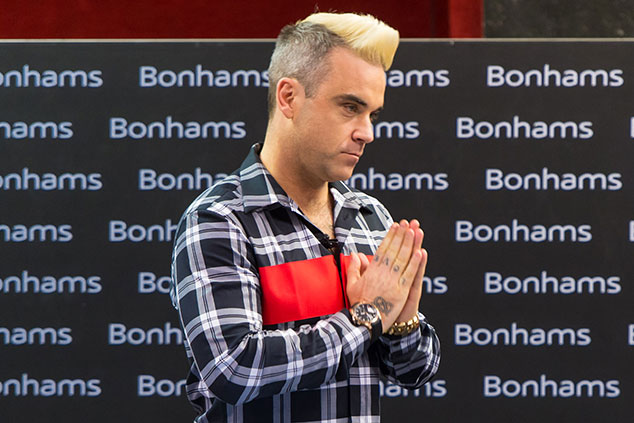
At MoneyWeek we have been arguing for years (entirely fruitlessly) for a simpler (and lower-rate) tax system on the basis that simple taxes are generally easier to collect and harder to avoid. This government is taking a different – but possibly also effective – route. It’s using shame.
Multinationals are hoping to avoid public embarrassment
The Times reported this week that “multinationals are agreeing to pay hundreds of millions of additional corporation tax in the UK” in order to avoid the “shame” and “embarrassment” of having to pay the 25% diverted profits tax (DPT, also known as the Google tax) due on earnings that have been artificially diverted away from the UK in order to avoid UK corporation tax.
Diageo agreed with HMRC in July that it would pay an extra £190m in tax in exchange for the return of £107m previously paid in DPT and, according to the Times “other as yet unidentified multinationals are also agreeing larger corporation tax payments to avoid the “reputational damage of being seen as paying DPT”. HMRC will be pleased.
Individuals are in the spotlight, too
However, even more interesting than this is the news (also from the Times) that HMRC is moving firmly in the business of shaming individuals as well as companies. It has long published a list of the tax defaulters it has caught along with the scale of their evasion and their fine (takeaway food businesses and builders feature very heavily) but it has now started providing the Cabinet Office with a “traffic light” list of people who “use controversial schemes to reduce their tax burden” in order that those who score badly can be dumped from the honours list.
Poor tax behaviour is, you see, “not consistent with the award of an honour”, something that might explain why David Beckham remains unknighted (the taxman is said to have intervened in 2014) and Robbie Williams “has not been appointed even OBE”.
So now that they know this, will potential honours candidates (and most well-known people must secretly hope they are one) keep their tax affairs in order to up their chances of getting a gong? I suspect they will. After all, in the past, honours have been regularly bought and sold. Paying your taxes properly has just become a new part of the price.
However, if the government is going to go this far, we rather suspect they should go further. If fear of shame works (and it usually does) they should surely also commit to withdrawing honours from those who behave badly after getting them. Given how much we hate to lose things more than we love to get them (loss aversion) – that would focus a lot of minds.